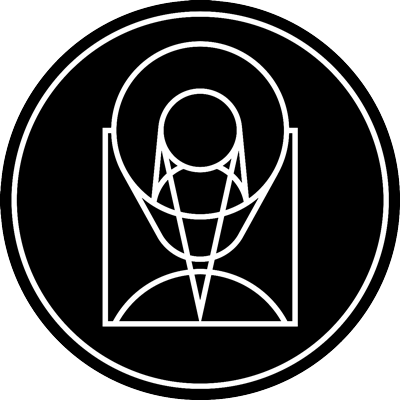STELLAR THIEF IS THE SURVIVING COMPANION TO A SUPERNOVA

stsci_2018-20c April 26th, 2018
Credit: NASA, ESA, S. Ryder (Australian Astronomical Observatory), and O. Fox (STScI)
In the fading afterglow of a supernova explosion, astronomers using NASA's Hubble Space Telescope have photographed the first image of a surviving companion to a supernova. This is the most compelling evidence that some supernovas originate in double-star systems. The companion to supernova 2001ig's progenitor star was no innocent bystander to the explosion - it siphoned off almost all of the hydrogen from the doomed star's stellar envelope. SN 2001ig is categorized as a Type IIb stripped-envelope supernova, which is a relatively rare type of supernova in which most, but not all, of the hydrogen is gone prior to the explosion. Perhaps as many as half of all stripped-envelope supernovas have companions - the other half lose their outer envelopes via stellar winds.
Provider: Space Telescope Science Institute
Image Source: https://hubblesite.org/contents/news-releases/2018/news-2018-20
Curator: STScI, Baltimore, MD, USA
Image Use Policy: http://hubblesite.org/copyright/
 Color Mapping
Color Mapping
| Telescope | Spectral Band | Wavelength | |
|---|---|---|---|

|
VLT (FORS2) | Optical (B) | 429.0 nm |

|
VLT (FORS2) | Optical (V) | 554.0 nm |

|
VLT (FORS2) | Optical (R) | 657.0 nm |

|
Gemini (GMOS) | Optical (u) | 355.0 nm |

|
Gemini (GMOS) | Optical (g) | 468.0 nm |

|
Gemini (GMOS) | Optical (r) | 617.0 nm |

|
Hubble (Hubble) | Ultraviolet (uv) | 275.0 nm |

|
Hubble (Hubble) | Ultraviolet (u) | 336.0 nm |










- ID
- 2018-20c
- Subject Category
- C.3.1.8 C.3.6.1 C.5.1.1
- Subject Name
- NGC 7424, SN 2001ig
- Credits
- NASA, ESA, S. Ryder (Australian Astronomical Observatory), and O. Fox (STScI)
- Release Date
- 2018-04-26T00:00:00
- Lightyears
- 37,508,000
- Redshift
- 37,508,000
- Reference Url
- https://hubblesite.org/contents/news-releases/2018/news-2018-20
- Type
- Collage
- Image Quality
- Good
- Distance Notes
- Facility
- VLT, VLT, VLT, Gemini, Gemini, Gemini, Hubble, Hubble
- Instrument
- FORS2, FORS2, FORS2, GMOS, GMOS, GMOS, Hubble, Hubble
- Color Assignment
- Blue, Green, Red, Blue, Green, Red, Cyan, Orange
- Band
- Optical, Optical, Optical, Optical, Optical, Optical, Ultraviolet, Ultraviolet
- Bandpass
- B, V, R, u, g, r, uv, u
- Central Wavelength
- 429, 554, 657, 355, 468, 617, 275, 336
- Start Time
- Integration Time
- Dataset ID
- Notes
- Coordinate Frame
- ICRS
- Equinox
- 2000.0
- Reference Value
- 344.33840609296, -41.06885694125
- Reference Dimension
- 2383.00, 1837.00
- Reference Pixel
- 1623.05613977251, 212.51895597222
- Scale
- -0.00003635203, 0.00003635203
- Rotation
- -0.34379432022
- Coordinate System Projection:
- TAN
- Quality
- Full
- FITS Header
- Notes
- World Coordinate System resolved using PinpointWCS 0.9.2 revision 218+ by the Chandra X-ray Center
- Creator (Curator)
- STScI
- URL
- http://hubblesite.org
- Name
- Space Telescope Science Institute Office of Public Outreach
- outreach@stsci.edu
- Telephone
- 410-338-4444
- Address
- 3700 San Martin Drive
- City
- Baltimore
- State/Province
- MD
- Postal Code
- 21218
- Country
- USA
- Rights
- http://hubblesite.org/copyright/
- Publisher
- STScI
- Publisher ID
- stsci
- Resource ID
- STSCI-H-p1820c-f-2383x1837.tif
- Resource URL
- https://mast.stsci.edu/api/latest/Download/file?uri=mast:OPO/product/STSCI-H-p1820c-f-2383x1837.tif
- Related Resources
- Metadata Date
- 2018-05-21T11:33:33-04:00
- Metadata Version
- 1.2
Detailed color mapping information coming soon...








